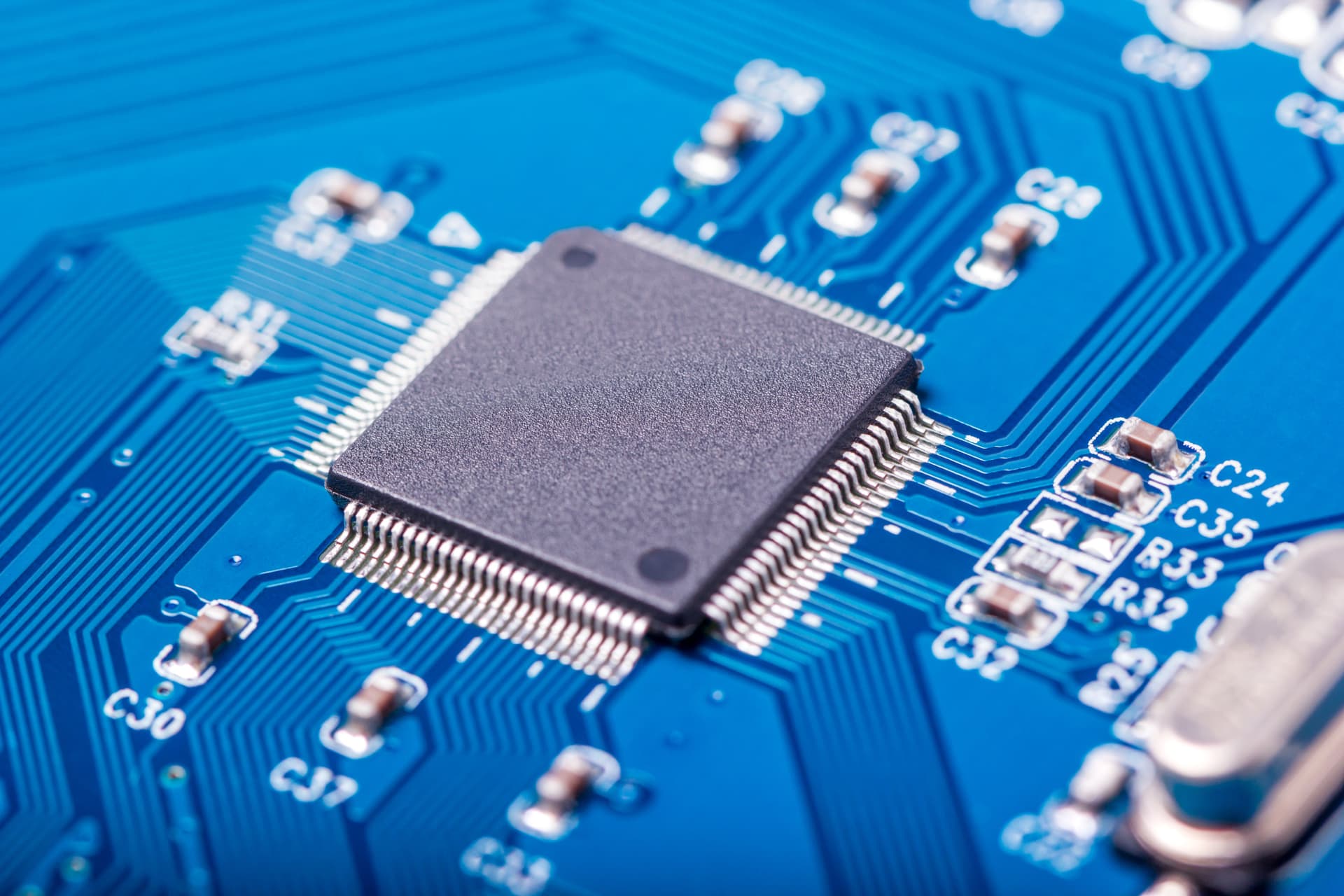Breaking: Broadcom’s mystery $10 billion customer isn’t OpenAI

News Summary
Broadcom Inc. announced a significant artificial intelligence (AI) infrastructure deal with OpenAI, confirming plans to co-develop and deploy 10 gigawatts of custom accelerators. However, Charlie Kawwas, president of Broadcom's semiconductor solutions group, clarified that OpenAI is not the unnamed $10 billion customer mentioned in last month's earnings call. This revelation implies Broadcom has two major AI customers – OpenAI, now publicly confirmed, and a separate mystery client with a $10 billion order – in addition to existing relationships with AI hyperscalers like Google and Meta Platforms. The news sent Broadcom's stock up more than 10%, reflecting investor confidence in its AI roadmap. The article highlights that Broadcom's custom AI chips (XPUs) are gaining traction, and its niche in custom silicon and full-stack systems, alongside a diversified portfolio (networking, broadband), makes its valuation potentially more attractive than Nvidia's for investors seeking diversified AI exposure.
Background
Broadcom Inc. is a global leader in semiconductor and infrastructure software solutions, with a broad portfolio spanning data center, networking, broadband communication, storage, and industrial markets. In recent years, with the rapid advancement of artificial intelligence, demand for specialized computing hardware has surged. Broadcom, leveraging its expertise in custom silicon (ASICs) and networking solutions, has become a pivotal player in AI infrastructure buildout. The company previously established relationships with hyperscalers like Google and Meta, providing them with custom AI accelerators and Ethernet solutions. The current partnership with OpenAI, coupled with the mysterious $10 billion order, further solidifies Broadcom's central role in the burgeoning AI chip market, particularly as major tech firms seek to reduce reliance on single vendors and optimize their AI workloads.
In-Depth AI Insights
What does the existence of a separate $10 billion customer signal about the AI chip market and Broadcom's long-term strategy? This indicates a significant diversification within the AI chip market, moving beyond a singular reliance on general-purpose GPUs. - The driving force is the demand from large AI models for customized, high-performance computing, pushing hyperscalers and frontier model developers to seek solutions optimized for specific workloads. - Broadcom's "full-stack" approach, combining custom chip design with Ethernet networking solutions, enables it to offer more integrated and efficient AI infrastructure, securing long-term, high-value contracts. - This could also foreshadow a shift in the AI chip competitive landscape from one dominated by a few general-purpose GPU vendors to an ecosystem involving more specialized, custom solution providers. How does Broadcom's valuation and market positioning compare to Nvidia, and what are the implications for investor risk-reward? Broadcom's valuation, measured by price-to-sales (P/S), is currently lower than Nvidia's, with the article stating around 31x for AVGO versus over 35x for NVDA, potentially offering a more favorable risk-reward. - While Nvidia dominates with off-the-shelf GPUs, Broadcom carves out a niche in custom silicon and full-stack systems, which could translate into more stable, longer-term contracts and higher operating leverage. - Broadcom's business is diversified, with a portfolio extending beyond AI to include networking, broadband, wireless, and enterprise storage, providing steady cash flow and buffering against potential cyclical swings in the AI market. - For investors seeking AI growth but concerned about Nvidia's frothy valuation, Broadcom offers an alternative investment opportunity squarely in the heart of AI infrastructure, backed by a broader business foundation. What are the potential strategic implications for the broader AI ecosystem if major players like OpenAI increasingly pursue custom chip development with partners like Broadcom? This would lead to further decentralization of AI chip design and supply, potentially reshaping industry power structures. - By developing custom chips, large AI companies can optimize performance, cost, and energy efficiency, gaining a competitive edge in the AI race. - This trend could diminish the near-monopoly of a few general-purpose hardware giants over AI compute supply, fostering greater innovation and open competition. - In the long term, it might accelerate the specialization and segmentation of AI hardware, leading to the emergence of more chip design companies focused on specific AI workloads or industry needs. - For investors, this implies a need to identify hidden champions within the AI hardware supply chain that can provide customized, integrated solutions, rather than solely focusing on general-purpose chip giants.